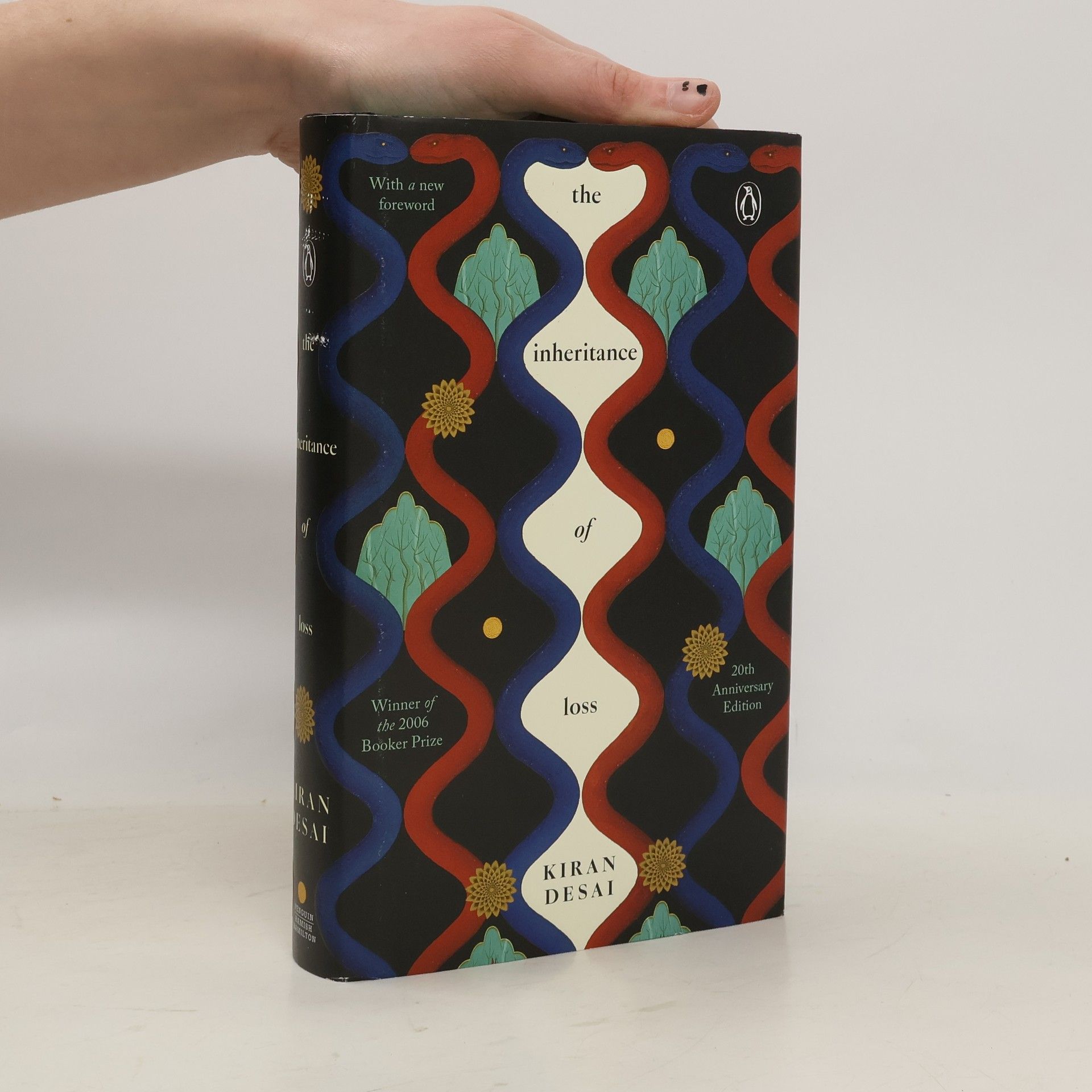Dědictví ztráty
- 353 stránek
- 13 hodin čtení
Psychologický román odehrávající se během druhé poloviny dvacátého století v Indii a Americe vypráví příběh lidí, kteří jsou odhodláni splnit si své sny a vydat se na dlouhou cestu, ať již pomyslnou duchovní, či cestu skutečnou. Ctihodný soudce Džémúbháí Popatlal Patel žije již léta sám. Jeho osamělost naruší jednoho dne vnučka, drobná opuštěná dospívající dívka, která vyrůstala v klášteře vedeném anglickými řádovými sestrami. Její rodiče přišli o život během autobusové nehody, dívenka je tedy sama se svým smutkem. V dědečkově domě se spřátelí nejdříve se stárnoucím kuchařem, teprve posléze její opuštěná duše poznává milostný cit ke svému nepálskému učiteli. Zhruba ve stejné době, kdy Sai doputuje k dědečkovi, je na cestě za vytouženým štěstím kuchařův syn Bidžu. Ten hledá úspěch a peníze za velikou louží, v Americe. Střídá zaměstnání jedno za druhým, jeho představy však dostávají každým dnem víc a víc na frak. Bidžu totiž není ochoten jako jiní emigranti zapřít svou kulturu, rodinu, sám sebe, aby se byť jen zdánlivě zaprodal úspěchu a penězům.





